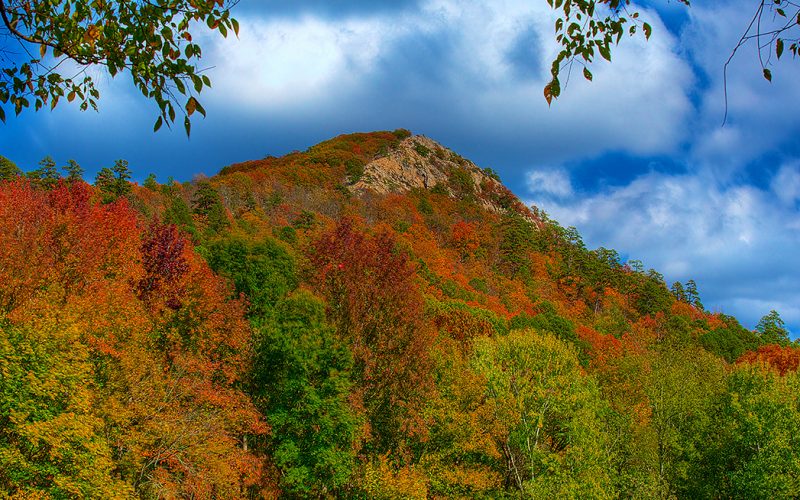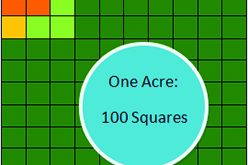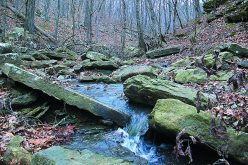One of the best methods of preserving your land for your family and future generations, whether your goal is agriculture, education or protection of natural resources or historical markers, is to consider a land trust or conservation easement. The Northwest Arkansas Land Trust states that “conservation easements, land donations, and bargain sales have been shown in recent studies to be a cost-effective and necessary tool for natural resource protection,” and over 12 million acres of land in the United States is currently protected. Although decisions about land are difficult to make, you can reach your conservation goals while qualifying for tax benefits, so it’s worth knowing your options.
A land trust is a non-profit organization that acquires land for conservation and stewards that land. The land trust might purchase land, accept donations of property to sell or money to purchase land, or accept conservation easements from landowners. A conservation easement is a legal agreement between a land trust and a property owner. Land with a conservation easement can be retained, sold or gifted by the current landowner, but there are mutually agreed-upon permanent limitations to new developments or changes to the land for its future use.
If you’re thinking of starting a new land trust, whether for an intentional community or for personal property, consider the 1,600 land trusts already in existence, and seek guidance from the Land Trust Alliance (www.lta.org). Two of the major land trusts that cover our region are the Northwest Arkansas Land Trust and Ozark Regional Land Trust. The mission of the Northwest Arkansas Land Trust is to protect and preserve land with agricultural, ecological, scenic, historic, or recreational significance in Benton, Carroll, Madison, and Washington counties in Northwest Arkansas. “By allowing landowners to take advantage of tax incentives for conservation easements and donations while still maintaining the desired use for their land, NWALT’s ultimate goal is to maintain Northwest Arkansas’s beauty, natural resources, rural culture, and quality of life.”
According to its website, the Ozark Regional Land Trust, which operates in portions of Missouri, Arkansas, Illinois, Kansas, and Oklahoma, has “protected more than 25,000 acres of hardwood forests, river frontage, caves, springs, working farmland and urban greenspace.” Their mission is to “empower people to protect the natural resources of the Ozarks forever. This is accomplished through various methods, including conservation easements and nature preserves.”
In a recent newsletter, the Northwest Arkansas Land Trust applauded the decision of John Rule of Crawford County, who donated 146 acres for permanent preservation. His home and Frog Bayou, as the land is called, is truly an amazing place deserving of protection for generations “to come back to and see the stars,” Mr. Rule said. Anyone interested in learning about which conservation options would be best for saving their land should contact Terri Lane at (479) 966-4666 or tlane@nwlandtrust.org
Ripples innovates solutions that maximize positive ripples in the world. We operate a 100% solar-hosted website with resources and services for individuals and non-profit organizations. For more information, visit: www.RipplesBlog.org.











